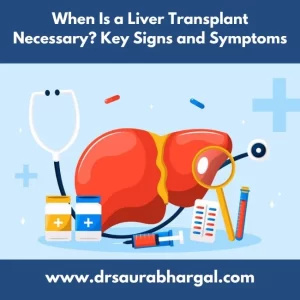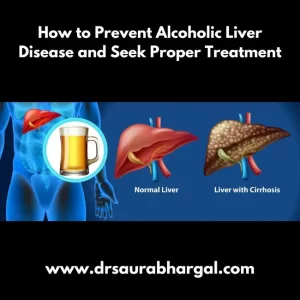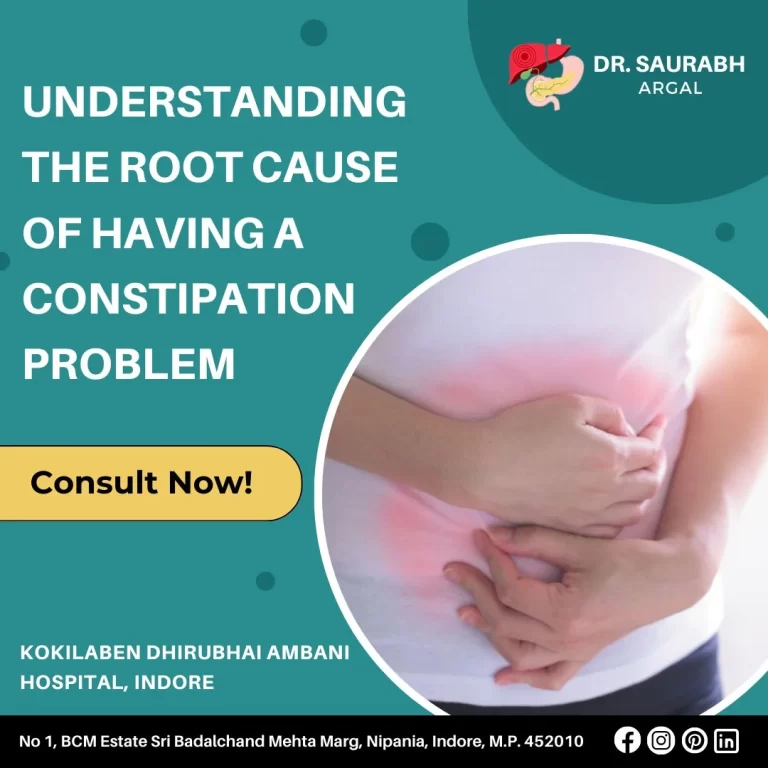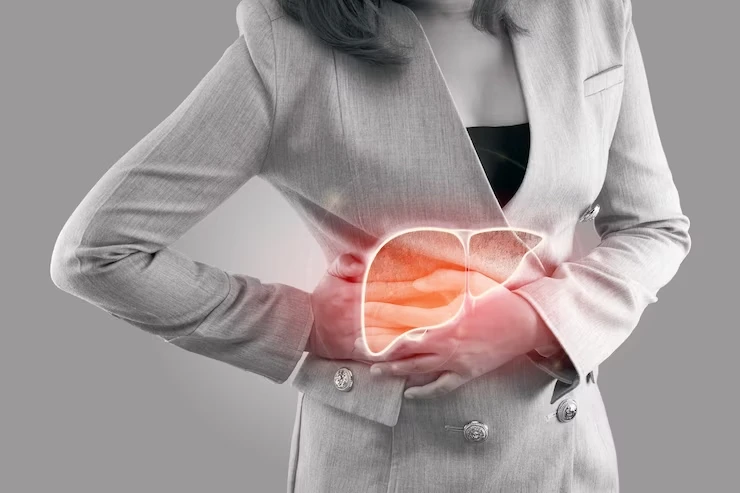Abdominal pain is a common complaint, and most of the time, it’s a minor issue that resolves on its own. However, there are instances when abdominal pain can be a sign of a more serious underlying condition that requires prompt medical attention. In this post, we will discuss some important signs and symptoms that should not be ignored when you experience abdominal pain.
Table of Contents
ToggleSevere and Sudden Pain:
If you experience sudden and severe abdominal pain that comes on rapidly and feels like it’s different from any pain you’ve felt before, it could be a red flag. This could be a sign of conditions such as appendicitis, a perforated ulcer, or kidney stones. Seek immediate medical attention if you experience this type of pain.
Persistent Pain:
Abdominal pain that lingers for an extended period, especially if it lasts for more than 24 hours, should be evaluated by a healthcare professional. Prolonged pain could indicate a gastrointestinal issue, such as gastritis, pancreatitis, or even a bowel obstruction.
Fever and Chills:
When abdominal pain is accompanied by a fever and chills, it may be a sign of infection or inflammation within the abdominal cavity. Conditions like appendicitis or diverticulitis can cause such symptoms. Infections in the abdominal area can be serious and require immediate medical attention.
Vomiting Blood or Passing Bloody Stools:
Blood in your vomit or stools is never normal and should never be ignored. It can indicate a wide range of issues, including gastrointestinal bleeding, ulcers, or even a tear in the esophagus. Seek medical help immediately if you notice this symptom.
Difficulty Breathing:
If your abdominal pain is so severe that it makes it difficult for you to breathe or catch your breath, it could be a sign of a serious issue. This may occur with conditions like a collapsed lung, aortic dissection, or a blood clot in the lungs (pulmonary embolism). These are emergencies and require immediate medical intervention.
Pain that Radiates to Other Areas:
Sometimes, abdominal pain can radiate to other parts of the body, such as the back or chest. This can be a sign of serious conditions like a heart attack, gallbladder issues, or pancreatitis. If you experience pain that spreads to other areas, don’t ignore it.
Changes in Bowel Habits:
Persistent changes in your bowel habits, such as diarrhea or constipation that lasts for an extended period, can be a sign of an underlying issue like irritable bowel syndrome (IBS), Crohn’s disease, or colorectal cancer. These conditions require medical evaluation and treatment.
Abdominal Pain during Pregnancy:
Pregnant women should be especially cautious when experiencing abdominal pain. It can be a sign of complications like ectopic pregnancy, miscarriage, or placental problems. Any abdominal pain during pregnancy should be promptly discussed with a healthcare provider.
Abdominal Pain in Children:
Abdominal pain in children should not be ignored either. If your child is experiencing severe abdominal pain, especially if they have a high fever, vomiting, or signs of dehydration, seek medical attention immediately. Appendicitis is a common concern in children with abdominal pain.
Previous Medical Conditions:
If you have a history of medical conditions such as diabetes, inflammatory bowel disease, or kidney disease, be extra vigilant when it comes to abdominal pain. These conditions can sometimes lead to complications that manifest as abdominal discomfort. Visit the best gastroenterologist in Indore for an abdominal pain cure.
Conclusion:
Abdominal pain is a symptom that can arise from various causes, ranging from minor issues like indigestion to life-threatening emergencies. It’s crucial to pay attention to the context and accompanying symptoms when assessing abdominal pain. When in doubt, it’s always better to seek medical attention sooner rather than later. Ignoring severe or persistent abdominal pain can lead to delayed diagnosis and potentially worsen the underlying condition. Your health should always be your top priority, and seeking medical advice when necessary is a responsible and wise decision.








